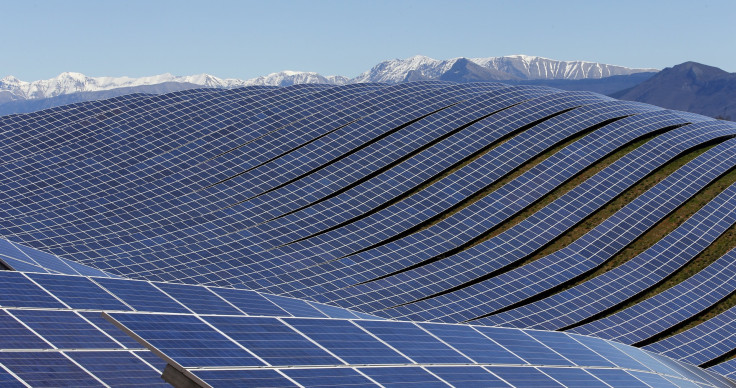Climate Change In France: Energy Law Reducing Carbon Emissions And Nuclear Dependency To Be Approved By French Parliament

French lawmakers were expected on Wednesday to approve a long-deferred energy law designed to decrease the nation's use of nuclear reactors and fossil fuels. The law, which is based on a three-year-old campaign promise from French President Francois Hollande, had been delayed in the French Parliament due to resistance from industry leaders and an opposition-led Senate.
France has relied on nuclear energy more than any other country, and the law would stipulate dramatic cuts to the number of nuclear reactors in the country, suggesting that they should provide half of all the country's power output by 2025, according to Bloomberg. Nuclear energy currently accounts for three-quarters of the nation's output.
“It’s the most advanced law of its kind among industrial countries,” Environment Minister Segolene Royal said in an interview on France 2 Wednesday, reports Bloomberg, adding that the government hopes to create jobs through insulating buildings and developing renewable energies.
The law would also stipulate lowering carbon emissions by 40 percent, reducing energy consumption by 20 percent and "primary" fossil fuel consumption by 30 percent, all by the year 2030.
Wind industry lobby France Energie Eolienne (FEE) released a statement earlier this month saying that if France wanted renewables to provide 40 percent of its electricity by 2040, in accordance with the new energy law, then the country would need to build at least 1,600 megawatts of land-based wind turbines per year, as opposed to the projected 1,200 megawatts that will be installed in 2015, reported Reuters.
Last year, 77 percent of French electricity production came from nuclear reactors, 13 percent from hydro dams, 5 percent from fossil fuels and 3 percent from wind turbines, according to grid operator Reseau de Transport d'Electricite, reported Bloomberg.
At the "Summit of Conscience for the Climate" Tuesday in Paris, Hollande called for the upcoming United Nations climate conference to result in an ambitious international deal designed to curtail global warming and suggested that it would globally require "forsaking the use of 80 percent of fossil-based energy resources to which we still have easy access," according to Agence-France-Presse.
© Copyright IBTimes 2025. All rights reserved.






















